Firefighters are considered as one of the most dedicated public servants in the community. They put their lives on the line every day to protect homes, families, and property from fires and other emergencies. While the job of a firefighter is rewarding, it is also known to be physically demanding and emotionally challenging. One of the things that people often ask about is how many hours do firefighters work. In this blog post, we will explore the typical hours of work for firefighters and what factors can affect their working schedules.
The Traditional Firefighter Shift
The answer to the question of how many hours do firefighters work is not a simple one. Firefighters generally work long hours, but it depends on their department, the type of shift they work, and the location they serve. Most firefighters work 24-hour shifts, which means they’re on duty for an entire day and night, followed by two or three days off. Other departments require their firefighters to work 10- or 12-hour shifts, rotating between days and nights. In general, firefighters work between 40 and 56 hours per week.
Another factor that can affect a firefighter’s working schedule is their location. Urban areas typically have more calls for service than rural areas. Therefore, firefighters who work in cities have longer shifts with less time off. In contrast, firefighters in rural areas have more time off because their departments do not receive as many calls. Additionally, some departments require their firefighters to work overtime or be on call during their off-duty hours.
Balancing Work, Rest, and Overtime
The work schedule of firefighters can also be influenced by their rank or position. For example, captains and battalion chiefs have administrative duties that may require them to work daytime hours, while firefighters work rotating shifts that include nighttime hours. Firefighters who work in specialized units, such as hazardous materials or technical rescue teams, have different schedules and may work longer hours during training or emergency response situations.
Furthermore, the demands on firefighters can vary depending on the season. During the summer months, wildfires can create a significant demand for firefighters in many regions of the country. Firefighters who work in these areas may work extended shifts and be away from their families for longer periods. During the winter, firefighters in colder parts of the country may respond to more house fires and other emergencies caused by colder weather conditions.
Overtime: When Duty Calls
The real answer to the question of how many hours do firefighters work is that it varies depending on these different factors. While most departments require a minimum number of hours per week, firefighters are often required to be on call or work overtime. The nature of the job means that firefighting is not a 9-to-5 job, and firefighters may work difficult and unpredictable hours. However, it also means that firefighters only work a few days a week, giving them more time off to spend with their families and pursue other interests. The commitment and dedication of firefighters are undeniable, and their presence in the community is essential for our safety and well-being.
What You Need to Know About a Firefighter’s Work Schedule
Firefighters are heroes we often take for granted. They risk their lives to save ours and work tirelessly around the clock to keep us safe. As noble as their profession is, not everyone understands the effort and the sacrifices that come with it. One of the common questions often asked is how long a firefighter works in a day. In this post, we will explore the subject in detail so you can better understand the profession.
The average working hours of a firefighter depend on the station he or she works in. However, the standard is usually 24 hours on shift and 48 hours off the clock. This schedule is called the 24/48 schedule and mostly applies in cities or county-wide firefighting departments. It means that after being on duty for 24 hours straight, a firefighter has to spend two straight days off the clock, before resuming a 24-hour shift. This schedule accumulates to approximately 10 workdays a month. However, this is only a generalized representation of their working hours. Additional demands and duties can stretch the on-duty hours.
Comparing Firefighter Hours to Other Professions
Another working schedule that firefighters work under is the 48/96 schedule. As the name suggests, it comprises up to two days or 48 hours on duty and four consecutive days or 96 hours off the clock. This schedule works best in smaller departments where administrations are not adequately staffed or when there is an emergency. This kind of schedule is physically demanding, but the clear advantage is it provides plenty of time off for the firefighters to rejuvenate.
Annual Work Hours: A Broader Perspective
Responding to emergency calls at any time is a significant factor that determines a firefighter’s work schedule. Firefighters never know when and where the emergency will occur, hence the importance of being on standby to serve the public at all times. Calls can come in the middle of the night, on weekends, holidays, and during extreme weather conditions. As a result, firefighters’ work schedules are continually changing and can be unpredictable.
When firefighters are not fighting fires or responding to emergency calls, they have other duties that keep them on their feet at all times of the day. Firefighters use the downtime to train, clean equipment, attend safety meetings, and maintain their station. They also conduct community outreach and fire prevention education. These responsibilities can be done at any time, so firefighters’ schedules have to be flexible enough to accommodate such tasks.
Conclusion
Firefighters have to be ready to put their lives on the line whenever the call of duty arises. To achieve this, they have to work in shifts and rotate between on-duty and off the clock periods. The standard schedule is the 24/48 schedule, but there are other schedules that work better for different departments. Firefighters’ work is unpredictable, and they have to be ready to respond to emergencies at any time of the day. Despite the tough schedules, firefighters remain committed to their profession and always strive to keep the community safe. We owe it to our firefighters to appreciate their efforts and honor them for the service they provide.
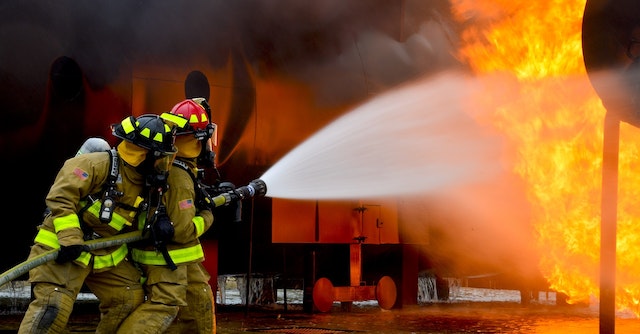



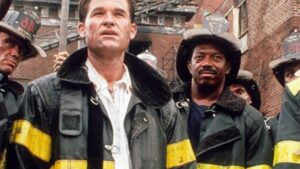
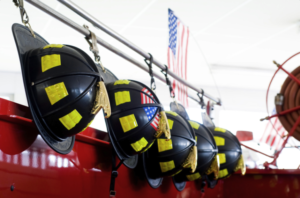

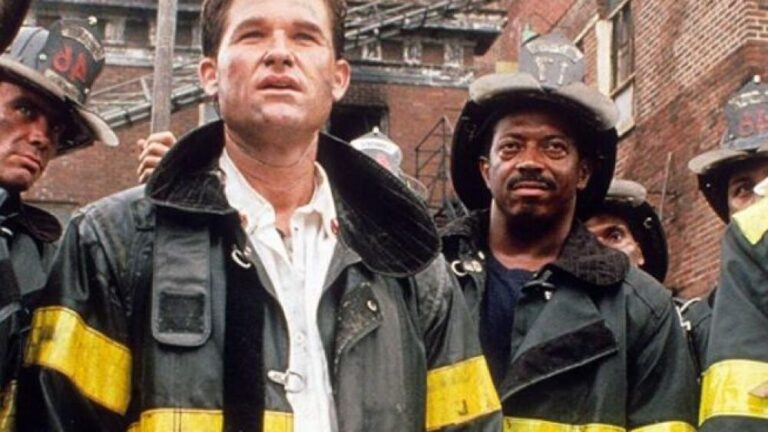
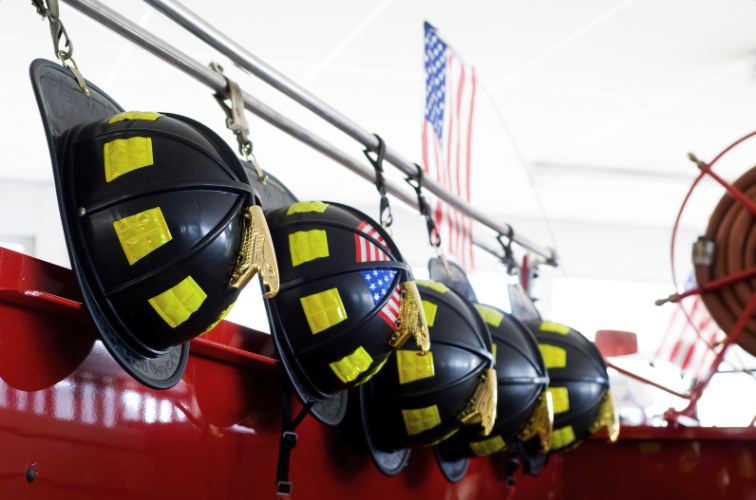
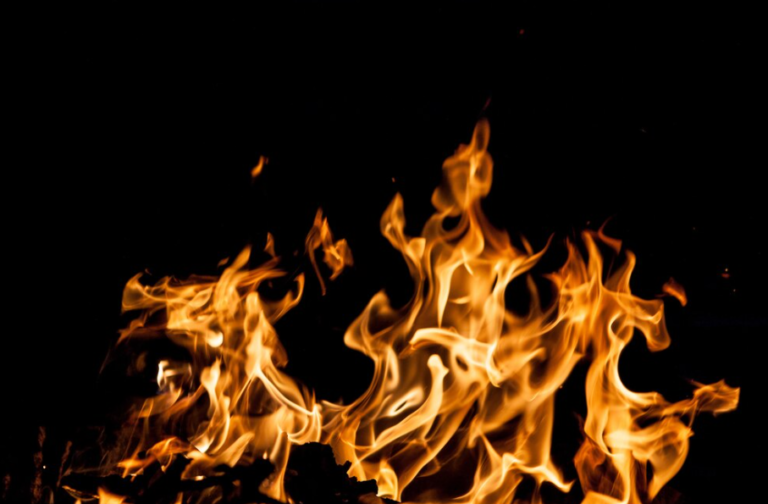
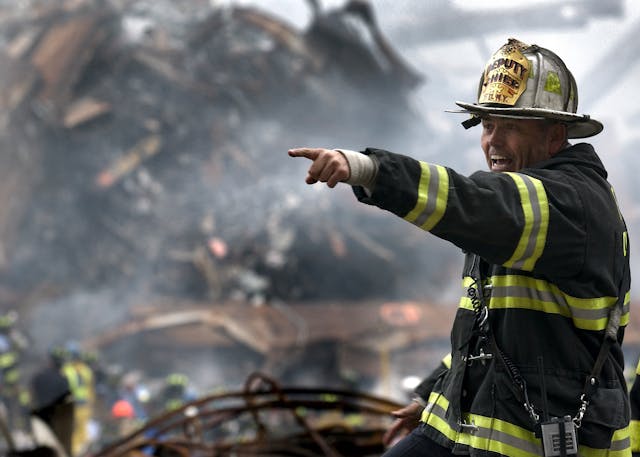
+ There are no comments
Add yours